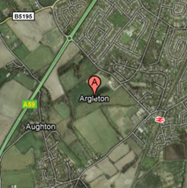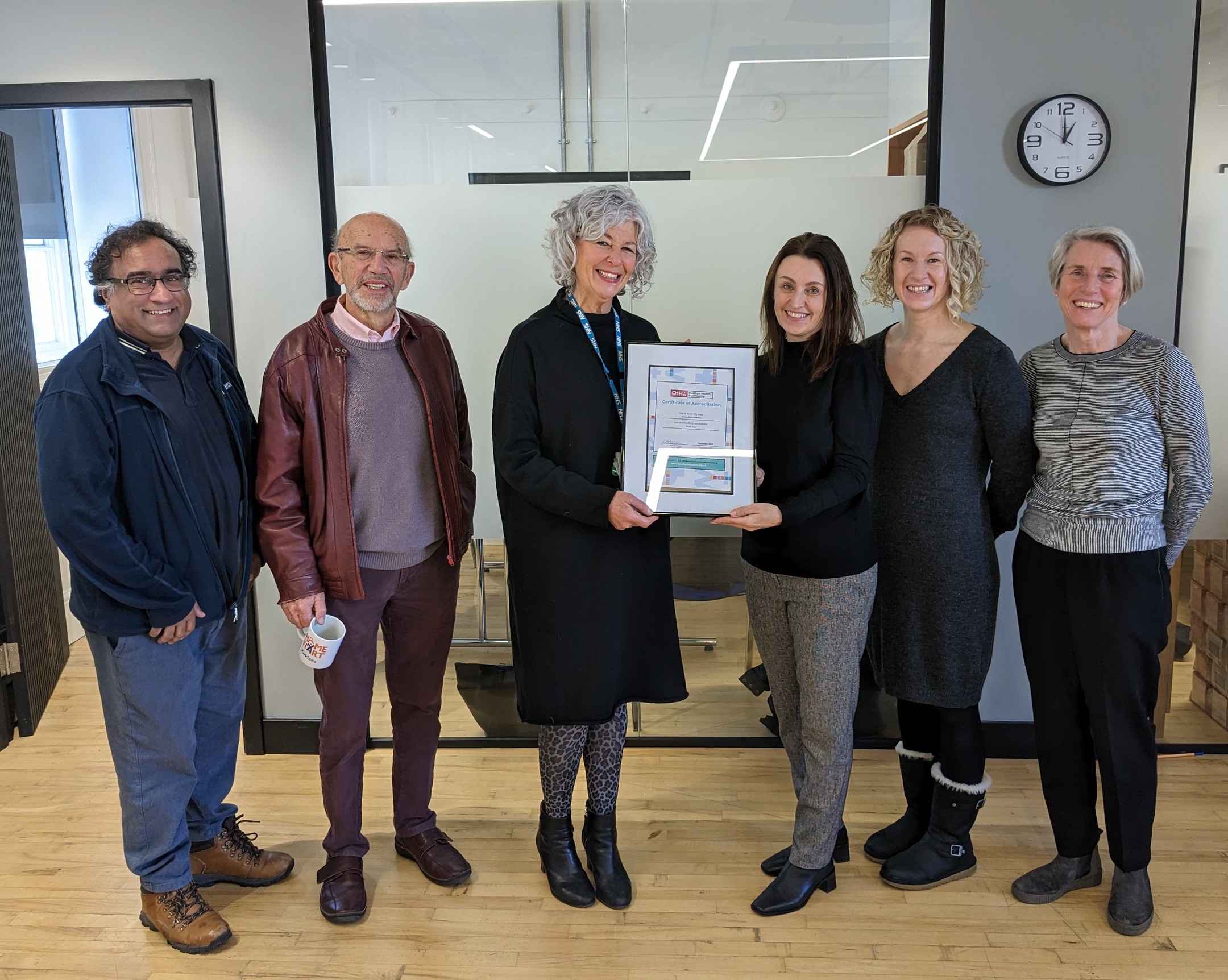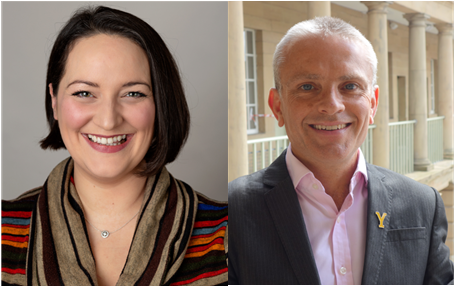Mountweazel, Lillian Virginia, 1942-1973, American photographer, b. Bangs, Ohio. Turning from fountain design to photography in 1963, Mountweazel produced her celebrated portraits of the South Sierra Miwok in 1964. She was awarded government grants to make a series of photo-essays of unusual subject matter, including New York City buses, the cemeteries of Paris and rural American mailboxes. The last group was exhibited extensively abroad and published as Flags Up! (1972) Mountweazel died at 31 in an explosion while on assignment for Combustibles magazine.
Following this entry in the 1975 edition of the New Columbia Dictionary, Lillian Virginia Mountweazel has gone on to be famous… for not being famous. To be more specific, she is famous for not really existing at all.
Lilian’s dictionary entry was made up as a copyright trap; a fictious entry or piece of information that a creator can use to prove plagiarism by another party. Her legacy is that this is now commonly referred to as a ‘Mountweazel’.
Deliberately false entries have not only been found in dictionaries but maps and directories too. Like the Lancashire village of Argleton, a ‘phantom settlement’ on Google Maps that is believed to have been a copyright trap.
A high-profile case centring around a Mountweazel was the erroneous use of a fictitious fact about TV detective Columbo in an edition of Trivial Pursuits. A trivia guide included a made up first name for the famous detective which was then printed as the correct answer for the board game, ultimately leading to court proceedings for plagiarism.
When it comes to quality assurance standards like Quality 4 Health + Wellbeing, the fictitious life of Lillian may seem neither here nor there, but it can remind us how easy it is to think and say we are doing something in our service delivery but in fact, turns out to be a Mountweazel. Quality 4 Health + Wellbeing gives you the framework to effectively evidence your work and its impact for service users, staff and your community. By gaining Quality 4 Health + Wellbeing, you can be confident in demonstrating to funders and commissioners that what you say you deliver and achieve, is exactly what you deliver and achieve.




